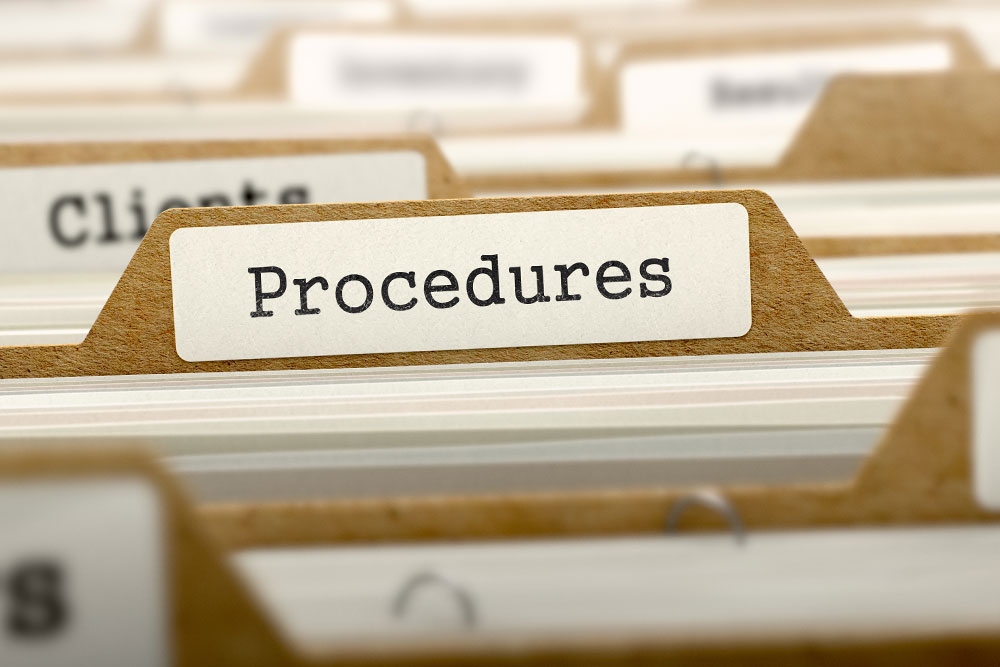 Q: What is the maximum fine an association can impose on an owner for a rule violation? (H.H., via e-mail)
Q: What is the maximum fine an association can impose on an owner for a rule violation? (H.H., via e-mail)
A: It depends. Condominium and cooperative fines are capped at $100.00 per day, and further capped at $1,000.00 in the aggregate for continuing violations. Homeowners’ association fines may not exceed $100.00 per violation, unless otherwise provided in the governing documents. There is also a $1,000.00 aggregate cap, but again, the governing documents may permit a greater (or lesser) aggregate fine.
Fines can be imposed against condominium and cooperative unit owners, occupants, licensees, and invitees. The law for homeowners’ associations authorizes fines against members, members’ tenants, guests, and invitees. The difference in wording between the various statutes is likely unintentional and a function of their separate historical developments.
Before a fine becomes final, an independent committee must be appointed by the board. The committee (sometimes called “fining committee” or “compliance committee”) must be comprised of at least three (3) members who are not officers, directors, or employees of the association, or the spouse, parent, child, brother, or sister of an officer, director, or employee.
Notice of the opportunity for a hearing must be sent at least 14 days in advance of the hearing. If the bylaws require other information to be contained in the notice, such as a cite to the relevant document being violated or the proposed amount of the fine, that information needs to be included as well.
At the hearing, the committee must afford basic due process and allow the accused to be heard, state his case, and challenge evidence against him or her. The committee must then either “confirm” or “reject” the fine.
In the condominium and cooperative setting, fines may not be secured by a lien against the unit, meaning that an action in small claims court is usually required to collect. In the homeowners’ association context, the law does permit a fine of $1,000.00 or greater to be subject to a lien.
In my experience, every association should have a written policy on its fining procedures and should follow them. I would also point out that the same basic procedures apply to suspensions of common area use rights for violations of the governing documents, most notably the requirement for a hearing.
While many associations see fines as the first course of action for violations of the governing documents, they are not a cure-all. In my experience, fines are useful for episodic violations, such as parking or traffic infractions. For violations of a more permanent nature, such as an unauthorized alteration, a fine could be levied to the maximum, paid, and the violation still not corrected.
In such cases, legal action is often the only effective solution. In condominiums and cooperatives, this usually entails filing for arbitration before the state regulatory agency, and then action in court if either party is not happy with the outcome of the arbitration. In homeowners’ associations, pre-suit mediation is typically required. If the dispute cannot be resolved by an independent mediator, then the parties must go to court. Typically, the winning party in court is entitled to recover attorney’s fees from the losing party.
Q: Is there a “statute of limitations” that would prohibit a condominium association from enforcing a rule violation? (B.R., via e-mail)
A: Yes. Section 95.11(2)(b) of the Florida Statutes that the statute of limitations for a breach of contract action is 5 years. Since your condominium documents have been held by the courts to constitute a contract, this is the standard that is used.
Q: Following an election, can a homeowners’ association’s new board of directors hold its organizational meeting to elect officers in private? (R.N., via e-mail)
A: Technically speaking, no, though it seems to occur with some frequency.
Any gathering of a quorum of the board to conduct business is a meeting. Electing officers is clearly conducting business.
There are only two exceptions to owners’ rights to attend board meetings: meetings regarding personnel matters; and meetings with legal counsel regarding pending or proposed litigation. Neither of those exceptions are applicable here.